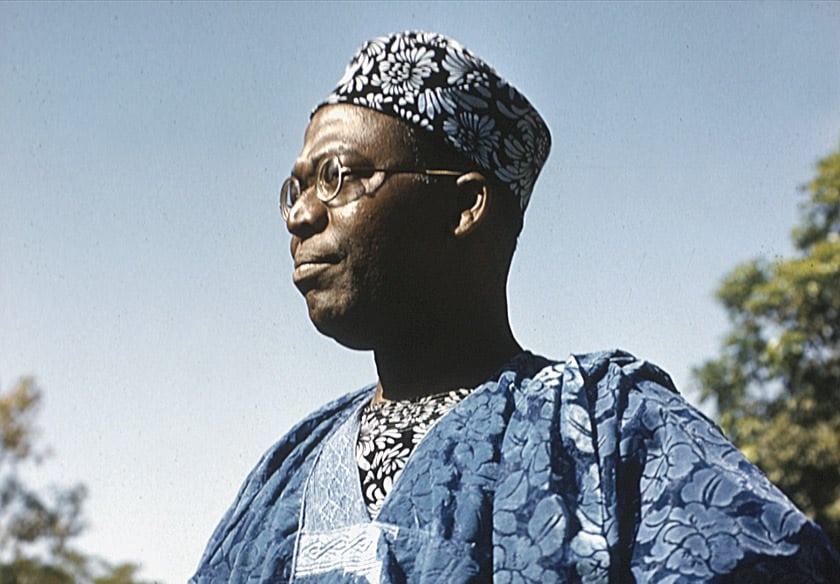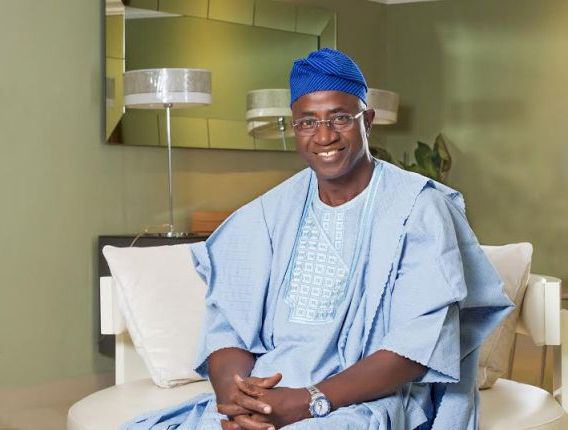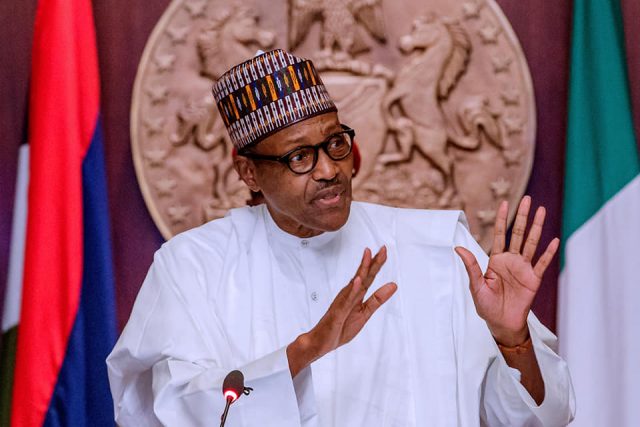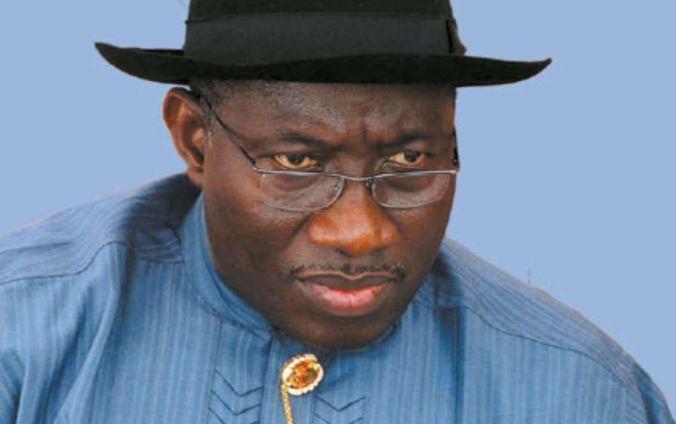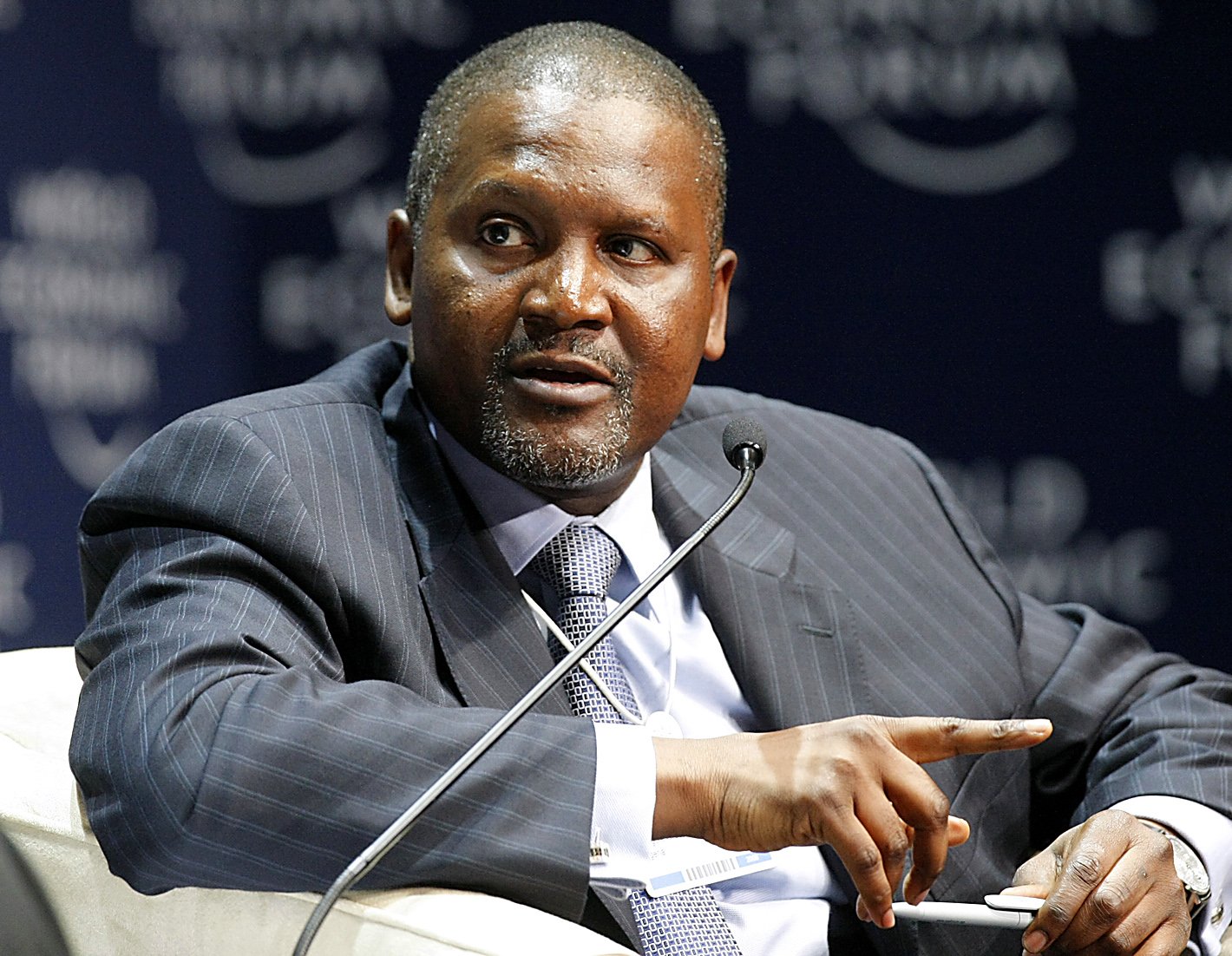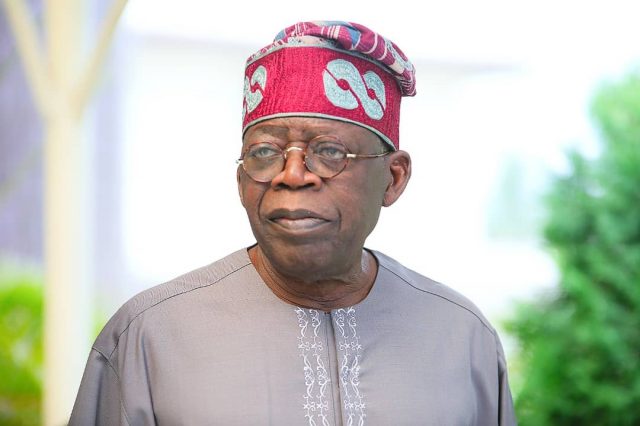While the date, September 11, is a day remembered with awe, trepidation and pain in the annals of global history as day the American Twin Towers were bombed by terrorists in 2001, it is a date the Yoruba of the South West of Nigeria hold with infectious nostalgia. On this day in 1966, thirty five years earlier, Western Leaders of Thought, an assemblage of Yoruba delegation to the Ad Hoc Constitutional Conference which the then Head of State, General Yakubu Gowon, put together, had met in Ibadan, headquarters of the Western Region and unanimously elected 57-year old Obafemi Awolowo as Leader of the Yoruba nation.
Less than half a century before then, Yoruba were a largely disunited people. In the nineteenth century, for example, though they possessed a rich history of associational life in sub-groupings like the Egba Society, founded in 1918; the 1923 Union of Ijebu Youngmen; the 1924 Yoruba Union; Egbado Union and Ekiti National Union, there was nowhere Yoruba interests, en-bloc, were catered for centrally and a single person biting the bullets for all, perhaps until 1942, when all the associations coalesced into the Yoruba Language Society.
Even before this time, Yoruba fought one another in fratricidal warfare. For instance, between the Ijebu, Egba and Ibadan, an incendiary age-long intra-ethnic struggle for power festered. By the nineteenth century, Ibadan had come on board as a very potent military force that any nation took for granted at its peril. Its fabled war prowess was however crippled by the embargo placed on the importation of guns and powder on its munitions routes by the twin towns of Ijebu and Egba. These two towns distrusted and dreaded Ibadan. Peeved by this continued threat to its military prowess, the Ibadan, in the rainy seasons of 1877, matched out its military arsenal against the Ijebu and Egba, with the aim of forcing open the routes to the coast and conquer, as well as absorb, the twin territories into Ibadan. Unfortunately, however, this expedition failed and the Egba and Ijebu thereafter aligned with all other enemies of the Ibadan like the Ilorin and Ekiti. As reflected in the treaty of 1886, Ibadan was thus compelled to recognize the independence of the Ekitiparapo.
Colonialism came and subdued all interests. Then came the politics of decolonization, with its cloak and daggers. The Great Zik, Nnamdi Azikiwe, unwittingly roused the Yoruba to come together. Zik had a fief-hold on Nigerian politics of the time. His NCNC was the party to be. Prominent Yoruba were his allies. The rancor that broke out in the NCNC upon the tour by its big wigs to London on August 13, 1947, to meet the Labour Colonial Secretary, Creech Jones, brought Yoruba leaders back to their senses. Criticisms against the failure of the tour and ‘squandering’ of its £13,000 public-donated money by the party were spearheaded by Yoruba in the party who called on the delegation to account for the money earmarked for the deputation. This resulted in Azikiwe using his West African Pilot newspaper and a cache of his apostles like Arondizuogu-born Mbonu Ojike of the “boycott the boycottables” fame and Oged Macaulay, to attack these Yoruba leaders, many of whom constituted the hub of those who criticized him. Many Yoruba eventually withdrew from the NCNC, at a time Awolowo was putting together his pet dream of uniting Yoruba.
Advertisement
What happened thereafter has become history. Awolowo formed the Egbe Omo Oduduwa (a name suggested by Professor Saburi Biobaku) in 1945 at the age of 36, and chose as its symbol a lamp with five wickets (atupa oloju marun) which late Professor of History, S. O. Arifalo said symbolized the five-pronged aims of the Egbe which were Love, Charity, Concord, Friendship and Posterity. The Egbe had earlier made the mistake of publicly submitting that the lamp symbolized the five prominent kings in Yorubaland, viz the five “fingers of the Yoruba hand” to wit, the Ooni of Ife, the Alaafin of Oyo, the Alake of Abeokuta, the Awujale of Ijebu Ode and the Oba of Benin, and for this, the Egbe made a ritual sacrifice of five lambs. The Ijesha, for decades to come thereafter, became traditional enemies of whatever party Awolowo belonged, for they felt insulted that their king, the Aromolaran, was not recognized in this rulership ensemble. Outside of Yorubaland, Awolowo’s Egbe was attacked by Zik and his lieutenants. Sir Adeyemo Alakija, leader of the Egbe, became the hub of “bitter, crude and vulgar personal insults” by Igbo, mainly residents of Lagos, while the Egbe was variously described by them as the “bane of our age,” “a nihilist, a totalitarian, a fascist organization,” “dirty exhibition of egocentric stupidity, ethnocentric arrogance and capitalized idiocy.”
Awolowo took over leadership of the Yoruba at a time when Yorubaland was still very volatile. For instance, the Agbekoya uprising in the Western region came almost at this period. The peasant farmers union had gone berserk in the region, in protestation against high taxation during the civil war. They held the government of the West literally hostage, hounding soldier administrators and civil servants, as well as royal fathers. In the process, Oba Olateru Olagbegi of Owo was hounded and eventually fled his throne, so also the Odemo of Ishara, Oba Samuel Akisanya, while the Soun of Ogbomosho, the traditional ruler of Chief Samuel Ladoke Akintola’s town, suffered the worst fate as he was beheaded by the protesting farmers. It was Awolowo who was invited by the military to help quell the uprising. He eventually toured the West and secured its manifold tranquility.
Anyway, this leadership by Awolowo and his lieutenants subsisted until 1987 when he transited mortality for immortality. Within that short space, the group had moulded the minds of millions of people, performed excellently in infrastructure and put the Yoruba on the global mark for cultural affinity, dexterity and hard work.
Advertisement
Upon his exit, the mantle fell on Chief Michael Adekunle Ajasin, one of Awolowo’s trusted allies and associates and former governor of Ondo state. Ajasin was in fact a year older than Awolowo, having been born in 1908. His tenure as leader of the Yoruba marked the period of anti-military and pro-democracy struggles in Nigeria where the Yoruba acquitted themselves admirably. Ajasin, alongside 39 others, were arrested by General Sani Abacha, accused of holding an illegal political meeting. The military administrator of his home Ondo, Anthony Ibe Onyearughulem, had also ridden roughshod on him during this time, on account of his abidance by the collective disavowal with military rule by his Yoruba people and Nigerians in general. At his death in 1997, Ajasin handed over to Chief Abraham Adesanya, whose tenure contended with a hybrid of both military rule and the teething pangs of post-1999 civilian rule. Adesanya’s leadership too was passionate and witnessed an ordered quest for a worthy role by the Yoruba in the scheme of things. Today, the mantle of leadership is in the hands of 93-year old Pa Reuben Fasoranti, ably backed and supported by Awo diehards, Olaniwun Ajayi, now late and Ayo Adebanjo.
All the leaders above had traceable life trajectories. Ajasin was a 1943 Fourah Bay College, Sierra Leone graduate who emerged therefrom with a Bachelor of Arts degree in English, Modern History and Economics, as well as a 1947 graduate of the Institute of Education of the University of London before he was appointed Principal of Imade College, Owo. He it was who, in 1951, wrote the position paper which constituted the plank of the educational policy of the Action Group where he advanced the practicability of free education. Adesanya, lawyer, welfarist, activist of the liberal progressive persuasion, was elected into the Western House of Assembly in 1959 to represent his Ijebu-Igbo constituency in that year’s House of Representatives election. Akure, Ondo state-born Fasoranti’s educational and career path too is ascertainable and not in contention.
The subsisting thesis in the public space today is that, either due to the lack of awareness of what the leadership is doing, or that whatever it is about is swathed by the miasma of politics, Yoruba have no leadership at the moment. It is this perception of inertia that is enabling the infiltration of some lame, spurious and illogical, barroom comparisons by some armchair politicians who submit that the All Progressives Congress (APC) Leader, Bola Ahmed Tinubu, has effectively stepped into the shoes of Awolowo in Yoruba ethnic group leadership, with some heretically submitting that Tinubu has even sidestepped Awolowo, due to some political “achievements” which they claim rank him higher than Awo.
The comparison is lame, almost a heresy – or even a heresy, because Tinubu and Awolowo are like the earth and the firmament in their earthly assignments. Tinubu’s intervention in the fate of his political tendencies in Yorubaland in 2003 was indeed legendary after Olusegun Obasanjo’s PDP, in a serpentine strike, routed AD governors. Tinubu deployed cash and strategies in Yorubaland to the come-back bid of the AD, which its patrons claimed was an incarnation of Awolowo’s Action Group and UPN. His battle thesis then was that the progressive politics the region was known by should not be allowed to sink into oblivion. He was given kudos for this. Thereafter, his political interventions, which some say is largely akin to empire-grabbing in Yoruba-speaking states, have oscillated from success to outright failure, borne largely out of the arguable reason that Yorubaland does not see him from the prism of a leader but rather, a political cum business conquistador.
Advertisement
Ali Mazrui has identified five types of leadership in Africa and I struggle to locate Tinubu’s alleged leadership of the Yoruba in the equation. Mazrui’s typologies are the intimidatory, patriarchal, reconciliationist, mobilizational and bureaucratic leadership. A sociologist, Johannes Weiss, while conducting investigation into the sociology of representation, argued that a leader who will appropriate the leadership of a nation like the Yoruba must be an agent who acts on behalf of and who symbolizes the identity or qualities of a class of persons; a person who shares some of the characteristics of this class. Weiss concluded that “uniqueness” and “irreplaceability” are the qualities normally associated with this representative whom he called “the great individual.”
Akin Omoboriowo, who eventually fell out with Awolowo, captured this concept of the representative when he said of Awolowo: “(he) creates in my mind, the image of a road labourer or bricklayer, sweating hard to build. His, to my mind, is the personality of hardwork, of the ruthlessness and crudity of a mason, building rough and tough bricks, digging rough and tough roads and setting up a city on the rubbles of chaos and confusion. There is a huge packet of energy in his personality, a heavy-weight brain for planning and downright realism and ruthlessness to push a job through…” To Mogwugo Okoye, Awolowo’s leadership attribute could be located in his exceptional intellect, courage and organizational ability that ensured that he welded his Yoruba ethnic group into one united whole, a feat that had become impossible since the days of the intra-Yoruba internecine of the 19th century and who, as Premier of the Western Region, quickened the people’s educational, economic and political developments.
Space will limit the conceptual exploration of the representative which leaders like Ahmadu Bello, Nelson Mandela, Nnamdi Azikiwe and many more had and which endeared them to their people. So when some lay minds approximate conquests of political empires to leadership, their narrow-minds rankle thoroughly. For instance, I have heard some people say that Tinubu’s foray up North and his “success” in this regard qualify him to stand on higher pedestal than Awolowo who, it is public knowledge, couldn’t achieve his life-long ambition of administering Nigeria. Awolowo however moulded the mind of his people, admirable aroma of which is still in the air today, decades after his exit, while the other bullion van fellow moulds the pockets of his beneficiaries.
More importantly, with modernism, its built-in evaporation of values notwithstanding, Yoruba people still lay store by the values inherited from their forebears. One who would lead such a people must, of a necessity, be removed from the inanities of lay men on the streets. He must be pedestal higher than them and not given to the cons of felons on the streets. Ajasin, Adesanya and Fasoranti are decidedly not rich at all. I remember an encounter with Ajasin in 1997, while in Owo to interview him for my newspaper. At the front of his house in the ancient town, I almost didn’t believe that such an icon could live in such a place. No gate man, no one loitering about. I climbed up the stairs, only to confront Ajasin sitting on a wheelchair in the living room, his head completely grizzled. Upon introducing myself, even in his failing health state, Ajasin was going to grant me an interview, until his wife, Mama Funke Ajasin, suddenly came into the living room and threw me out for wanting to compound her husband’s health situation with an interview.
Advertisement
Yes, the absence of a recognizable, respected and deferred-to leadership is leading the Yoruba people astray, making them susceptible to the rampaging flood of all manner of cooked-up political alliances. If you ask some Yoruba why they voted for Muhammadu Buhari early in the year, they would tell you that it was because he had secretly promised to hand over power the presidency to them in 2023. With recent Junaid Muhammed and Lawal Babachir telling the Yoruba to forget 2023, you begin to wonder whether a people who correctly articulate their destiny should be at the mercy of power merchandizing like this.
The situation has never been this bad for the Yoruba people. They live everyday like an urchin in a kick and follow romance with the leather of football on the street. No one has a cogent plan or roadmap for the development of the Yoruba nation as the people are thrown right, left and center by children of those who kept the nation down through their wiles and chicanery over the decades. Rather, what Yorubaland has is a set of her opportunist children who muscle themselves into political offices and approximate this feat as the Yoruba nation’s achievement and development.
Advertisement
The way out is for the Yoruba to realize that their future is very bleak in this contraption called Nigeria. It is worsened by the fact that, against the run of their historical trajectory, they have suddenly become acephalous and directionless, like a typical Igbo society. The alternative, for them, cannot be in engrafting a poor imitation of the original on the stem of Yoruba leadership. The ongoing lame attempt at rewriting Yoruba history by some adder-brained political jobbers in putting Awolowo’s imperishable achievements at the clay feet of a Bullion Van god will fail; has even failed woefully. Revisionists in history always fail and when the Yoruba among them do, history throws their remains inside River Asejire.
Advertisement
Kolade Johnson: Smoking the furs off their skins
Last week, as if I was sure that the trend would become more notorious, I spoke about some of our brothers in service uniforms, equipped with guns, who were giving voice to Polish-British novelist, Joseph Conrad’s sweeping categorization of Africans as savages and our continent, the heart of darkness. Last Sunday, another Conrad synecdoche leapt up our consciousness again, using self to represent the whole. At the Onipetesi area of Lagos State, while men of the Special Anti-Robbery Squad operatives of the Lagos State Police Command were said to be combing the city for outlaws, they reportedly noticed a young man who wore dreadlocks who, in their very narrow minds, must, ipso facto be a criminal and in the process of his pursuit, shot dead another young man, Kolade Johnson, said to be the only son of his parents.
Advertisement
Yes, President Muhammadu Buhari, the Inspector General of Police and so many others have deplored this murder most foul, but the fact remains that, unless there is a concerted effort by the system to purge it of the likes of the blood-thirsty cop who, unprovoked, snuffed life out of this young man, we will continue to live with and among savages who periodically go backwards to act like our ape ancestors. A thousand and one of these Conrad testimonies abound in the country, among uniform-wearing personnel and even among ordinary folks who walk the streets. How do we purge our clime of some of us who take delight in acting like animals? How do we ensure that whenever creations like this, deaf to rules of engagement among civilized human beings, indicate their desire to recreate furs on their skins, there is an appropriate system that smokes the furs off them with scalding fire, with painful individual consequences?
Views expressed by contributors are strictly personal and not of TheCable.
Add a comment

